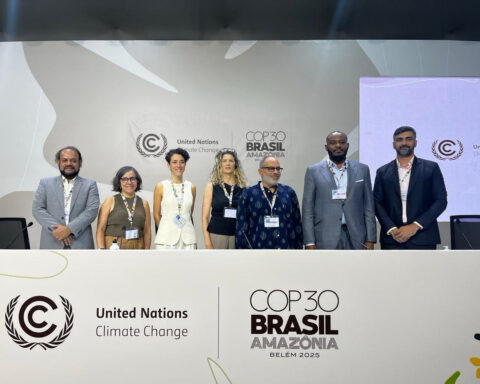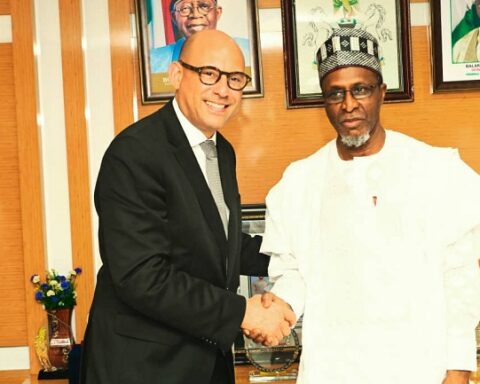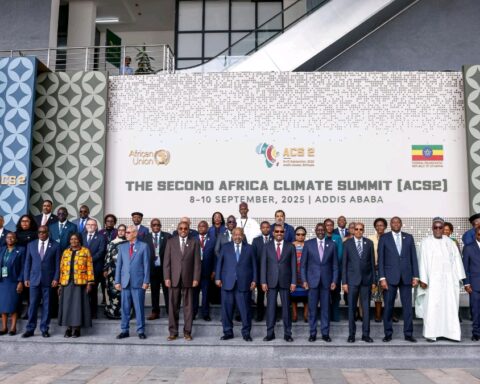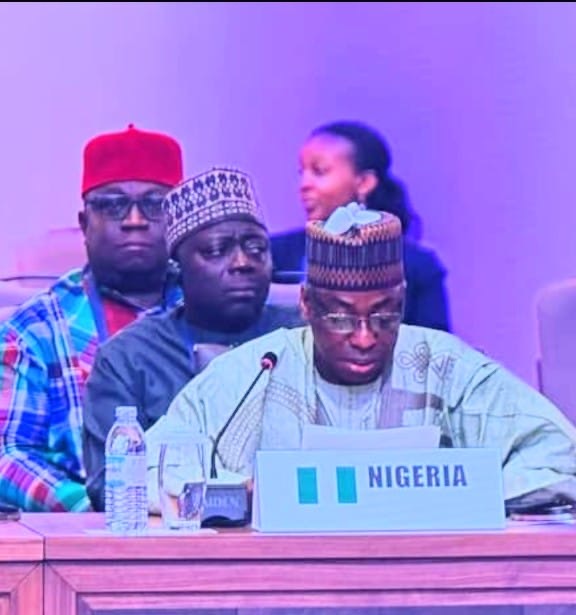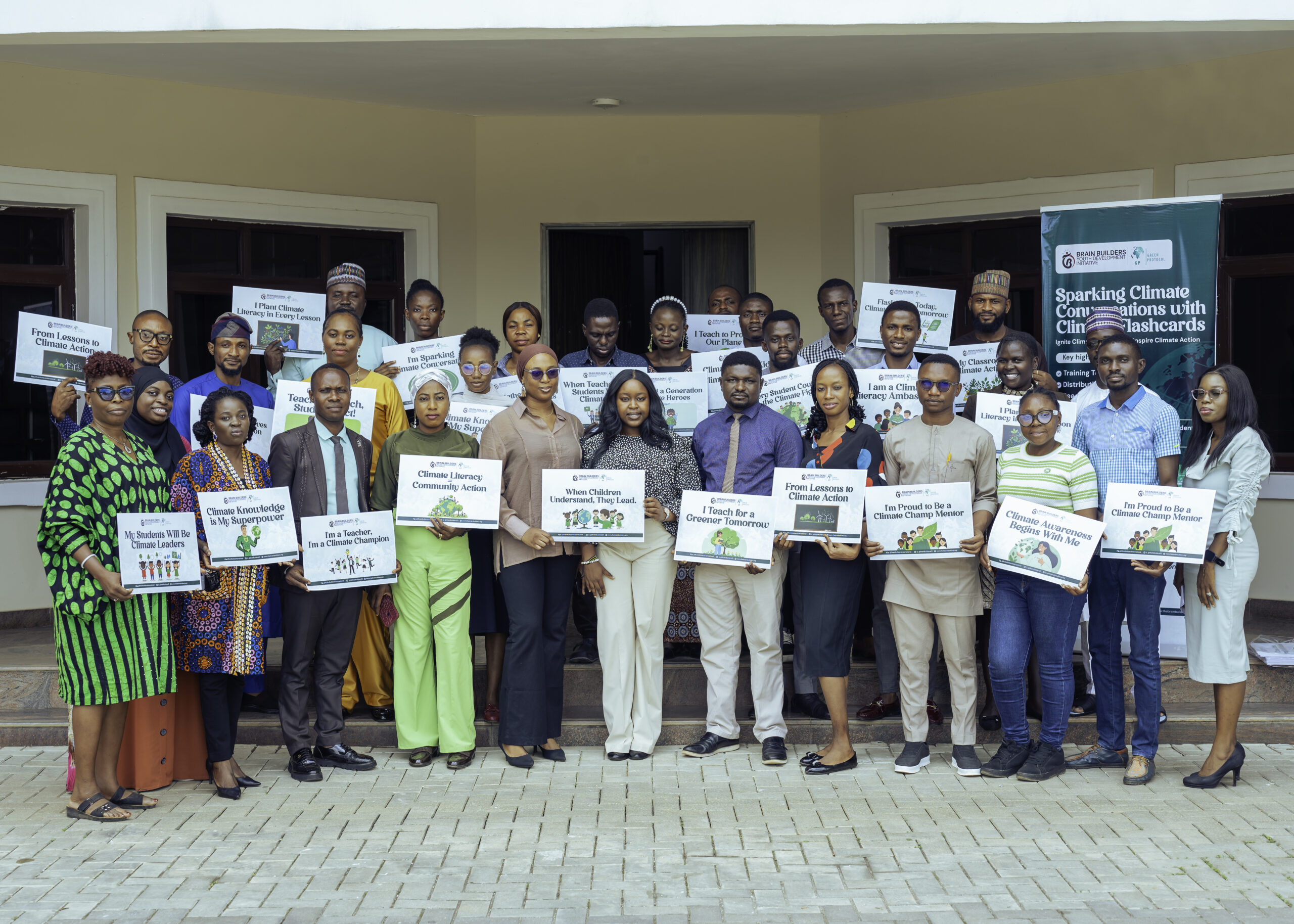Indigenous and traditional communities across the tropics will soon benefit from a landmark financial mechanism that rewards their role in protecting the world’s rainforests, as the Tropical Forest Forever Fund (TFFF), a new US$125 billion global climate finance facility, is set for official launch at COP30 in Belém, Brazil, with an estimated $800 million annually earmarked for Indigenous peoples.
The initiative, co-designed by Brazil and the World Bank, aims to combat deforestation, strengthen climate resilience, and accelerate global adaptation measures in line with the Paris Agreement’s Article 6, which targets US$1.3 trillion in climate investments by 2035.
Under the TFFF framework, 20% of all annual returns, projected at US$4 billion per year, will go directly to forest conservation programmes operated by Indigenous and local communities, the so-called guardians of the forest.
So far, 74 Global South nations, including Colombia, Ghana, the Democratic Republic of Congo, Indonesia, Malaysia, and Brazil, have signed up for the fund. Once operational, the TFFF is expected to outpace existing conservation payments from developed nations.
The project is supported by leading developed countries such as Germany, the United Kingdom, France, Norway, and the United Arab Emirates, which will provide an initial US$25 billion in sovereign investments. These contributions are expected to leverage a further US$100 billion in private sector capital, with Brazil contributing an additional US$1 billion as host and sponsor.
A key partner in developing the fund is the Instituto Clima e Sociedade (iCS), a Rio de Janeiro-based NGO that has distributed over US$25 million to local environmental organizations and made more than 1,200 grants to 484 groups across Brazil.
The iCS has also backed Indigenous-led climate adaptation initiatives in the Amazon, such as the Indigenous Adaptation Plans for the Raposa Serra do Sol and Amajari regions of Roraima state. Coordinated by the Indigenous Council of Roraima (CIR), these projects harness traditional knowledge and citizen science to monitor biodiversity and forest health.
Led by Sinéia do Vale, a Wapichana leader and co-president of the Indigenous Caucus on Climate Change, the CIR represents over 60,000 Indigenous peoples managing 10 million hectares of forest. The council recently received R$1 million (US$187,000) from iCS to advance climate adaptation and ecosystem monitoring.
According to Sinéia do Vale, the initiative “offers a new but old perspective, one where traditional knowledge and modern science work together to preserve the forests that safeguard our planet’s future.”
With its blend of modern financial architecture and Indigenous wisdom, the TFFF represents a transformative model for global climate justice and biodiversity protection, positioning Indigenous communities at the forefront of efforts to stop tropical deforestation and mitigate climate change.
By Dare Akogun




